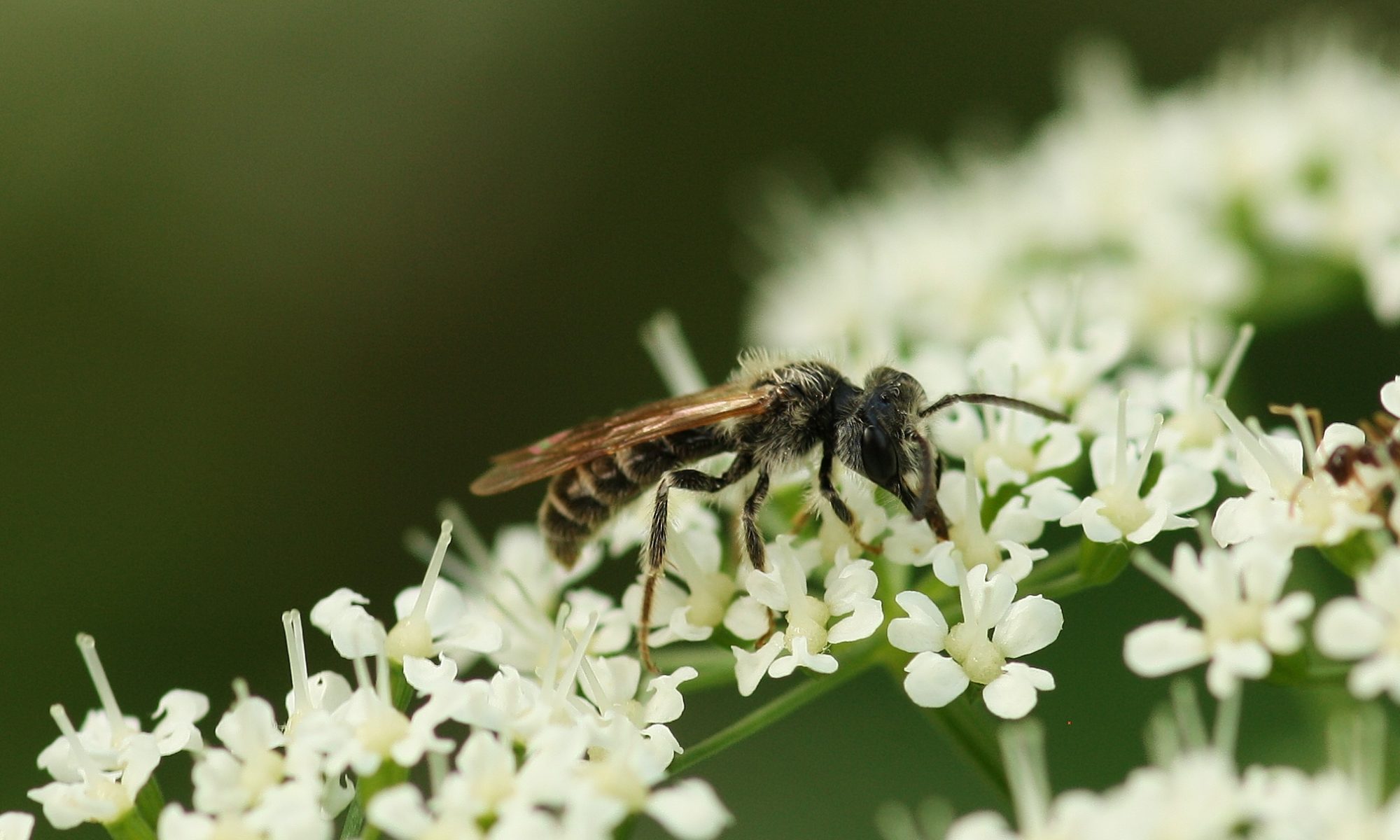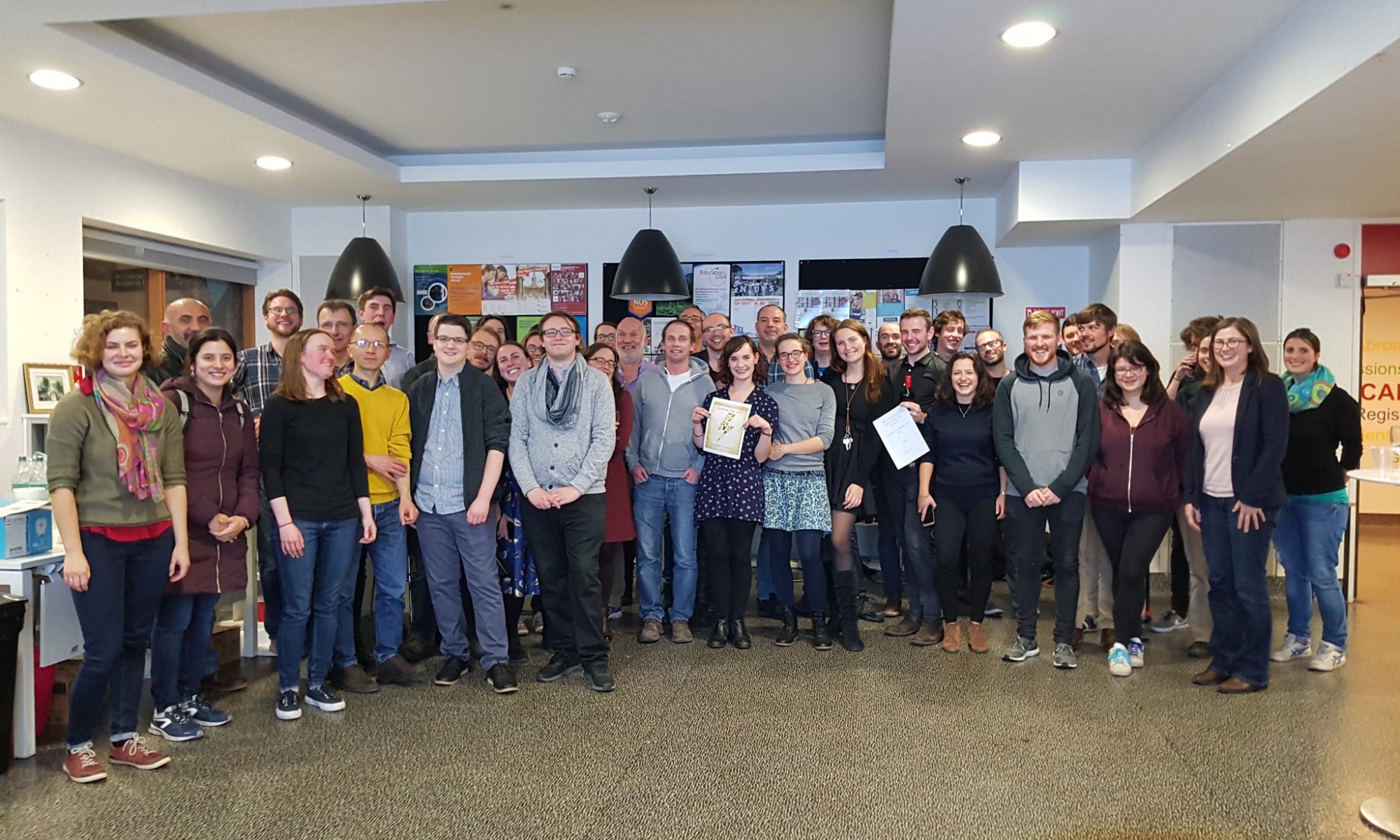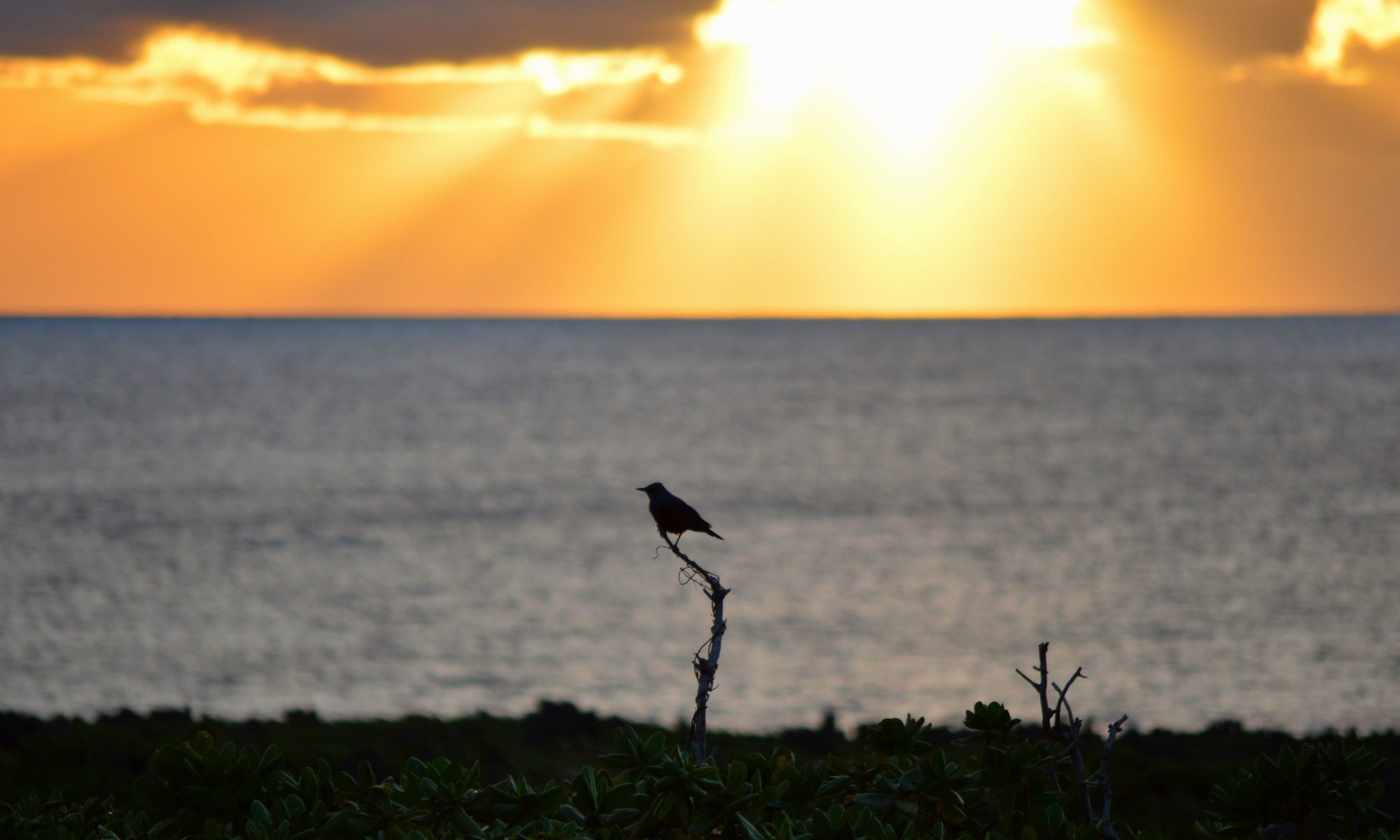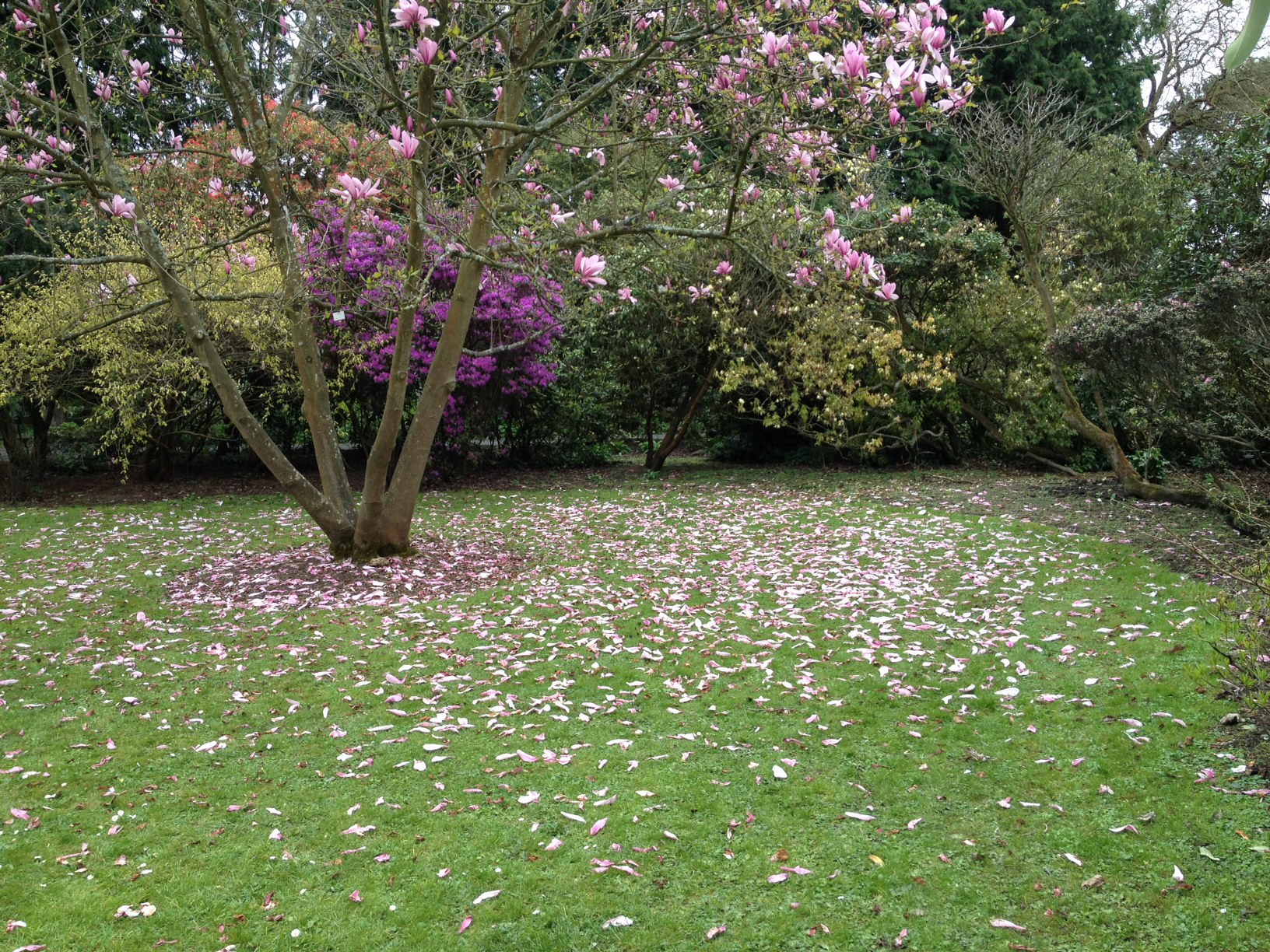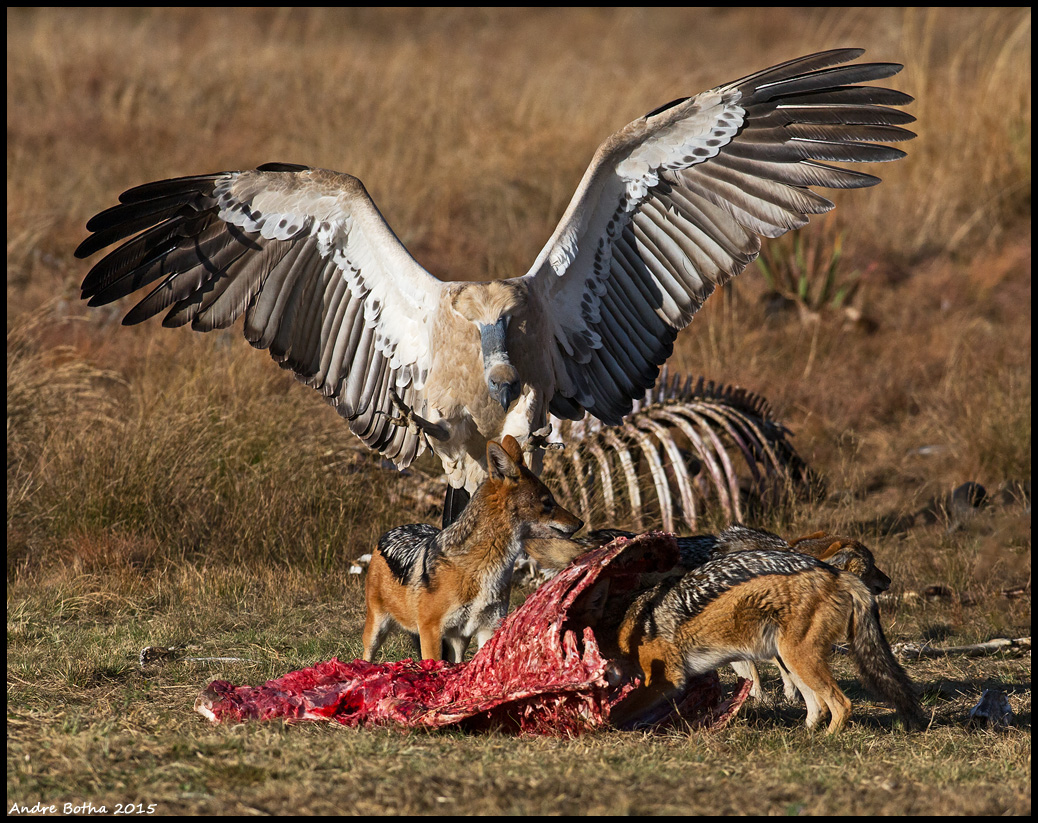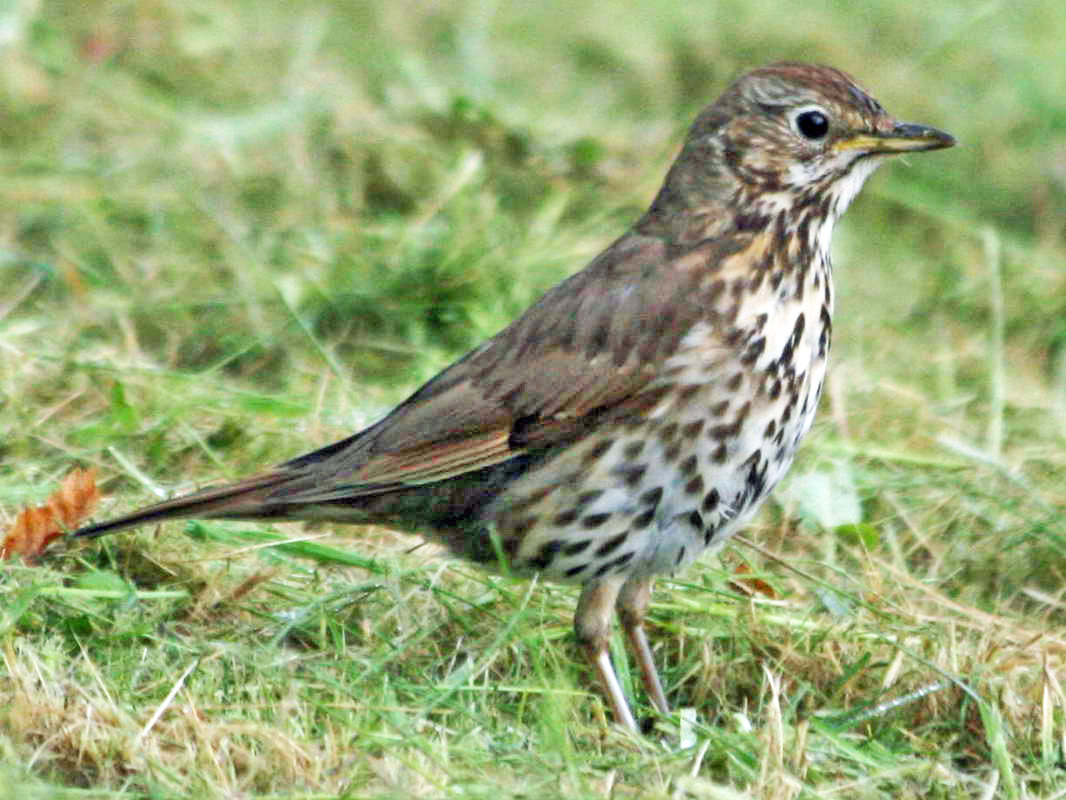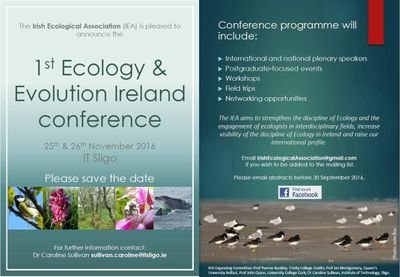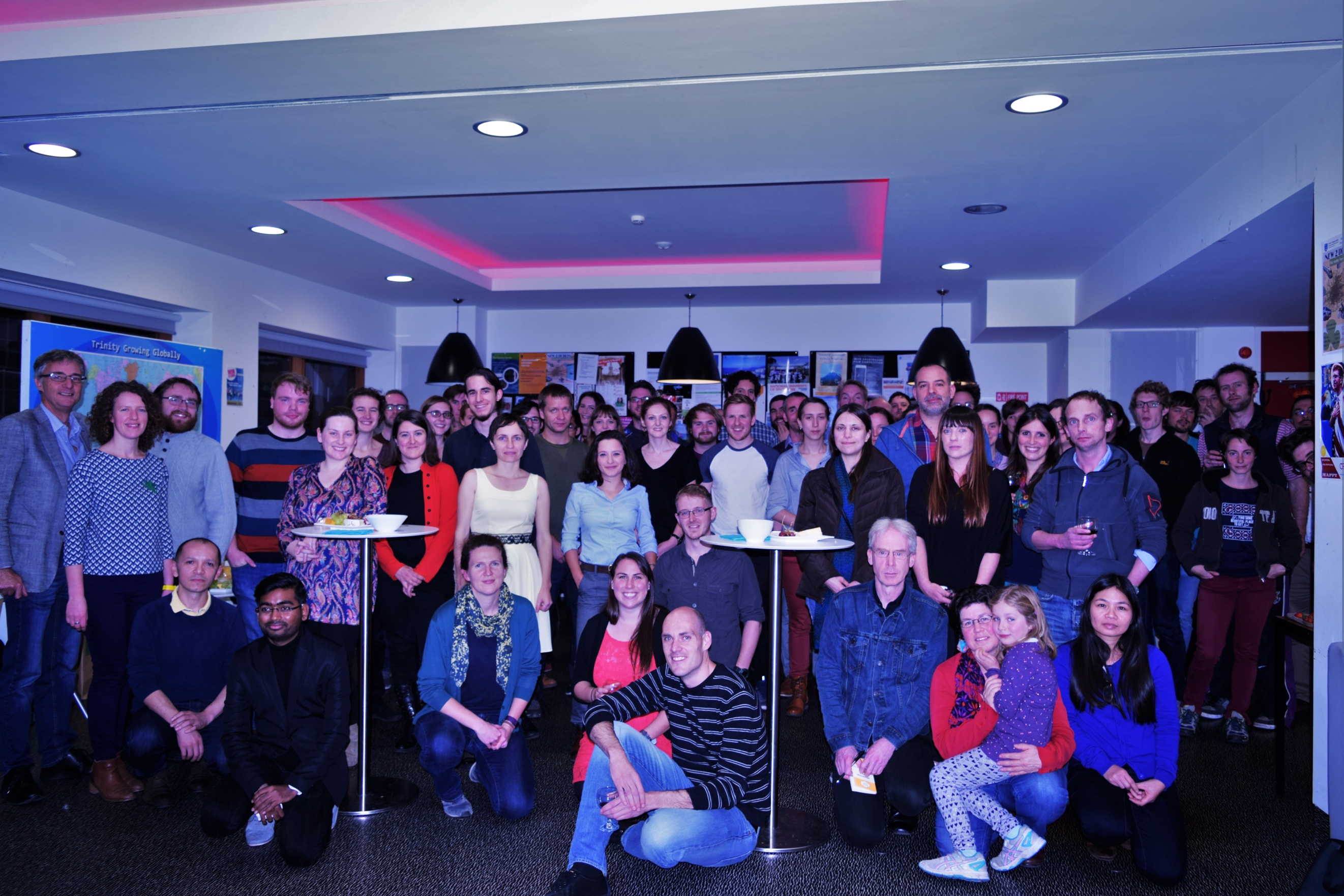A recent study led by Laura Russo (Trinity College Dublin) and published in the journal Methods in Ecology and Evolution, explores coevolutionary patterns in diffuse networks and how these patterns may influence the evolution of individual species. Read more in the blog post snippet below, or see the full blog post on the Methods.blog: Continue reading “Exploring Coevolutionary History: Do Entire Communities Shape the Evolution of Individual Species?”
Lightning Strikes at TCD
Secret Vatican archives, xenophobia, de-extinction, parasitism and hoovers were just a few of the many topics on the menu at the 2017 School of Natural Sciences Lightning Talks. This annual event brought together 24 PhD students and Professors from across the Botany, Geography, Geology and Zoology disciplines to present their research and battle it out to win the respect of their colleagues (and bragging rights). The catch? Presentations were limited to 120 seconds, a difficult feat considering how much scientists like to talk about their own work! Continue reading “Lightning Strikes at TCD”
If a tree falls in the forest, does it make a sound?
A recent study led by Sam Ross (Trinity College Dublin) and Dr. Nick Friedman and published in the journal Ecological Research, aims to ask how much we can learn from bioacoustic monitoring of ecosystems. Read more in the blog post snippet below, or see the full blog post on the IMECO blog:
“A recent study led by myself and Dr. Nick Friedman asks whether we can accurately measure how diverse different ecosystems are on the island of Okinawa, Japan. We set up 24 monitoring sites across the island in different locations – in forests, grassland, mangroves, near the beach and in the city – to monitor all the sounds that are produced near each site. We found that we can detect individual species and relate these sounds to natural patterns including the ‘dawn chorus,’ and we could identify sites with heavy human activity. All without having to look for any species. Continue reading “If a tree falls in the forest, does it make a sound?”
EGG heads talk ecological genetics in Dublin
Using genetics to understand ecology is fascinating. The data reveal things that often cannot be found by observation alone, such as patterns of cryptic diversity, migration pathways and the source of colonising populations.
But life in ecological genetics research is peculiar because we sit on a border between two fairly different fields of science. In an ecological crowd we’re called the ‘genetics person’ while among geneticists we’re seen to have only a rudimentary knowledge of ‘real’ genetics and our comments on ecological theory are sometimes met with funny looks. So spending time in an ecological genetics crowd is refreshing and, last week, about 30 members of the British Ecological Society did exactly that. Continue reading “EGG heads talk ecological genetics in Dublin”
A recipe for collaboration
Recently, along with Adam Kane, Kevin Healy, Graeme Ruxton and Andrew Jackson, we published a review on scavenging behaviour in vertebrates through time in Ecography.
This paper was my first review paper as well as my first paper written from afar, without ever actually meeting in a room with the co-authors for working on the project.
Difficulty: *
Preparation time: 5 month to submission
Serves: 5 people (but any manageable number of people who you like working with will do)
Ingredients:
- An exciting topic:
For this recipe you will need an exciting topic.
In this case, prior to writing the review, we had often discussed the prevalence of scavenging behaviour through time and what ecological factors influence it.
Indeed, it came as a natural follow up to a paper published by the other co-authors earlier this year on ‘the scavenging ability of theropod dinosaurs’.
More generally, the topic should be broad enough to allow every person to look for anecdotes (did you know there was once a ‘scavenging bat called *Necromantis*?’ and to bring these together in an interesting, more generalised framework. Continue reading “A recipe for collaboration”
Research haikus
Last month, the Zoology Department’s Dr. David Kelly launched his first book of Japanese short form poetry, Hammerscale from the Thrush’s Anvil. At the launch of the book, David invited us in the audience to try our hand at writing our own haikus.
Taking him up on his challenge, and taking inspiration from his book, a few of us in the School of Natural Sciences have penned our own poems based on our areas of study. We even have a contribution from David Kelly himself!
Trying not to sacrifice coherency at the alter of syllable number was a rather new struggle for most of us, but we managed and, I’d like to think, emerged with a greater appreciation for the poets in our midst. Read on for our science-y foray into the arts!
(Paula Tierney @_ptierney)
_______________ Continue reading “Research haikus”
Ecology & Science in Ireland: the inaugural meeting of the Irish Ecological Association
In the years to come, 140 ecologists working in Ireland will look back with fond memories of being part of the inaugural meeting of the Irish Ecological Association (24th-26th November). We will remember hard-hitting plenaries, compelling oral presentations, data-rich posters, influential workshops and the formation of the IEA’s first committee. The lively social events might be harder for some of us to remember… Continue reading “Ecology & Science in Ireland: the inaugural meeting of the Irish Ecological Association”
Winning research – Zoology storms the Lightning Talks
Earlier this month, postgraduate students of the Zoology department compete in the fourth annual ‘School of Natural Sciences Lightning Talks’ alongside students and staff from Botany and Geology.
We all presented 120-second snapshots of our research and were judged by a panel. Judges included the Head of the School of Natural Sciences Professor Fraser Mitchell, Science Gallery’s Aine Flood and Trinity’s press officer for the Faculty of engineering, mathematics and science, Thomas Deane.
Zoology had two winners on the night, Darren O’Connell (@oconned5) for his presentation on ‘Character release in the absence of a congeneric competitor’ and myself, Rachel Byrne, on my research titled ‘Parasites of badgers in Ireland- an untold story.’
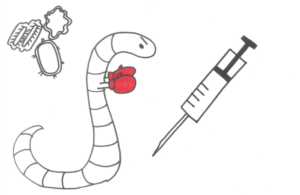
Continue reading “Winning research – Zoology storms the Lightning Talks”
Room for one more?: Egg fostering in seabirds
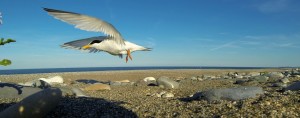
When attempting to conserve a rare animal population sometimes every individual counts. Conservationists regularly go the extra mile to protect their study species. The conservation efforts implemented for the Little Tern (Sternula albifrons) in Britain and Ireland demonstrate the success these efforts can have. This species nests on shingle beaches and had experienced catastrophic population declines due to increasing development and use of beaches by people. Little Tern adults are very vulnerable to disturbance and their eggs are particularly vulnerable to walker’s boots! Thankfully a network of wardened colonies, run by a mixture of conservation organisations and enthusiastic volunteer groups, succeeded in stabilising this species’ population.
Continue reading “Room for one more?: Egg fostering in seabirds”
The Evolution and Laboratory of the Technician.
First in a series of posts on life after an undergraduate degree, Alison Boyce gives an account of the life of a scientific technician.
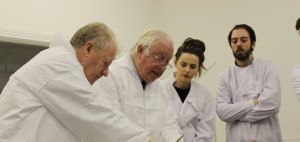
Science, engineering, and computing departments in universities employ technicians. Anyone working or studying in these areas will have dealt with a technician at some point but most will be unaware of a technician’s route into the position and their full role in education and research.
Technical posts are varied e.g. laboratory, workshop, computer. Funding for technical support is afforded by the Higher Education Authority (HEA) to provide assistance in undergraduate teaching. This is the primary role of technical officers (TOs) after which the Head of Discipline or Chief Technical Officer (CTO) decide further duties.
History
Until the early 1990s individuals joined the university as trainee technicians. Many came through the ranks starting as laboratory attendants, a position which still exists. Trainee technicians would spend one day a week over four years working towards a City and Guilds’ qualification. At this time the occupation was mostly hands on with little theoretical work. Many started young by today’s standards (starting at 14 years old was not uncommon), and they continued to study well past diploma level. Changing the nature of the role so much that nowadays almost all technical officers have primary degrees and come with a more academic view of the position.
In 2008, it was agreed that incoming technical officers must hold at least a primary degree in order to work at Trinity College Dublin. Those looking for promotion to Senior TO would require a Master’s and to CTO, a PhD. Those already in the system would not be penalised, local knowledge and experience are recognised equivalents and rightly so. This agreement gave rise to the job title changing from technician to technical officer reflecting the removal of the apprenticeship system. Many still use the old name but it doesn’t cause offence. These qualifications represent minimum requirements. TOs constantly train, learning new technologies and procedures. It is difficult to resist the temptation of further study when you work in an educational environment.
From graduate to TO
Gaining experience in medical, industrial, or other educational laboratories is most important. Further study in areas general to laboratory work are also advantageous e.g. first aid, web design, or statistics. Sometimes researchers move into a technical role temporarily and find they enjoy it so stay on. Applying to a discipline with some relationship to your qualifications makes sense; a physicist may not enjoy working in a biological lab. Having come though the university system many graduates would be familiar with teaching laboratories and their departments. Seeing a place for yourself in the future of a discipline is vital for career progression as it is seldom you will see a TO moving from one department to another. It should be possible to adapt the role to your skills or study to meet those required for promotion.
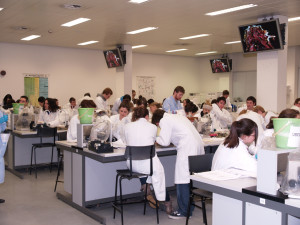
Day to day
All labs/disciplines differ but certain core responsibilities fall to the technical staff at some point. Running practicals is the biggest responsibility during term time with design and development out of term. Some departments in science and engineering have lab and field based classes. Various modules require field sampling in preparation for the practical. Getting out on the road can be very satisfying even if you are at the mercy of nature!
If you consider what it takes to run a home you’ll have an idea of what a TO does to maintain a lab/department. Ordering supplies and equipment. When something breaks, repair it or have it mended in a cost effective way. Logging, maintaining and installing equipment, health and safety information and implementation, chemical stock control, running outreach programmes, planning and managing building refurbishment, organising social events, updating the discipline’s web pages, assisting undergraduate student projects and much more.
These are just the basic duties and do not describe the essence of technical work at university level. Firstly it is to guide, instruct, and assist in scientific matters. An analytical and practical mind is necessary. You must have a willingness to facilitate the design and execution of projects in teaching and research. If you are eager to help and learn, it’s the perfect job for you. The information base for many materials and methods is the technical staff. Local knowledge and an ability work in consultation with other departments is often key to completing a project. Ideally, when a researcher leaves the university, their skills should pass to a TO keeping those abilities in-house. Imparting them to the next generation.
If you’re very lucky, you’ll be in a discipline that encourages you to take part in research and further study. It’s wise to check where a discipline or school stands before considering work in that area. Career opportunities open up in such disciplines. CTO Specialist is a promotion given to someone with expertise of a specialist nature e.g. IT, histology. Experimental Officer is a post created to further research in a discipline and often requires some teaching.
Overall, the position is what you make of it. If you strive to improve and adapt, you’ll find it immensely rewarding. Many practical classes repeat annually but on a daily basis you could be doing anything, anywhere. Being a technical officer is stimulating and constantly changing, keeping your brain and body active. You won’t be sitting for too long when you’re surrounded by young adults in need of advice and equipment. The relationship is symbiotic, your knowledge and their enthusiasm eventually gets any problem sorted.
Author: Alison Boyce, a.boyce[at]tcd[dot]ie
Alison Boyce has worked as a technical officer at Trinity College Dublin for over 20 years. In that time, she has acted as a master-puppeteer in seeing countless undergraduate projects through to completion. Her in-depth knowledge of technical, theoretical, and practical aspects of natural sciences has made her one of the most influential figures in the history of this department.
The editorial team thanks her for taking the time to write this piece.

